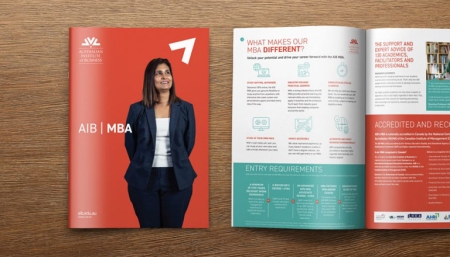4 key skills necessary for a successful Logistics Manager

As a logistics manager, your role is likely to vary based on the organisation that you work for. In some instances, you will be responsible for the storage and distribution of goods, in others, for the development of import or export schemes, and the employment of external contractors for your supply chain. Regardless of the specific tasks, logistics managers are essential for the smooth running of an organisation. If you’re considering a career in logistics, and wondering which skills you should look to develop, see below for our list of the top four.
1. The ability to forecast
While forecasting may be difficult for fast-paced organisations, a logistics manager should always be forward planning for the potential needs of a company. This is necessary, as the majority of logistical work needs at least some lead-time. Whether the task is to organise transport, purchase enough parts, or ensure that enough resources are available, it is important for the logistics manager to be able to anticipate what the company’s direction is. This is most relevant to a company that is in a relatively stable market, and is a great planning tool to ensure that you are not caught off guard by sudden change.
2. Effective resource management
When it comes to resources in a logistical context, this refers not only to money, but also to people and assets that the company possesses such as vehicles, equipment and buildings. It also refers to the management and upkeep of these resources. With any task at hand, a logistics manager needs to look at what resources the company already has, what they will need to achieve organisational objectives, and how they can satisfy those objectives within the financial realms of the organisation. A good logistics manager must be able to effectively manage the resources and maintain financial transparency.
3. The ability to analyse risk
In every organisation, projects and objectives are always subject to change. When forecasting and managing resources, a logistics manager also needs to be able to identify any issues that could eventuate, as well as the risks associated. In the context of a new product line being developed, they must ask questions such as ‘Will the product be developed in time?’ and ‘What level of demand is expected?’. From a logistical and resource perspective, risks must be assessed and contingency plans must be developed. A great logistics manager will conduct thorough analysis of risks and implement relevant mitigation techniques.
4. A holistic understanding of supply chain management
As a logistics manager, you need to be able to see the bigger picture of the supply chain you are working within. While you may not deal directly with every area, an understanding of the product’s journey from start to end is necessary. This understanding allows you to perform your role better, particularly in the areas discussed above. If you understand the whole process, you understand the risks and are therefore able to forecast and resource more effectively. This holistic understanding allows you to think more strategically and successfully achieve the goals of your organisation.
What do you think?
Do you have any other skills to add to the list? I’d love to hear from logistics managers, in particular about which skills they feel helped them get to where they are today.
If you’re interested in obtaining a formal business qualification in this field, why not consider the AIB MBA specialising in Logistics and Supply Chain Management? Learn more about the specialised MBA here.
This article was written by Laura Hutton on behalf of the Australian Institute of Business. All opinions are that of the writer and do not necessarily reflect the opinion of AIB.





